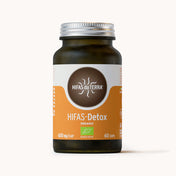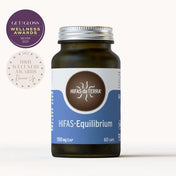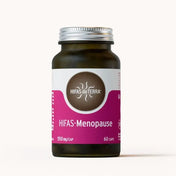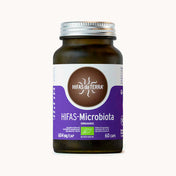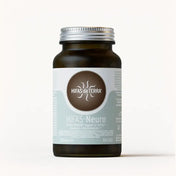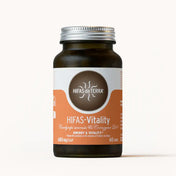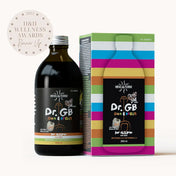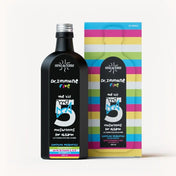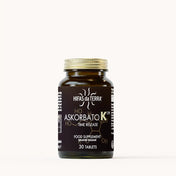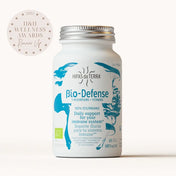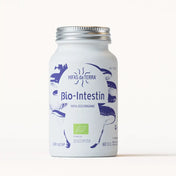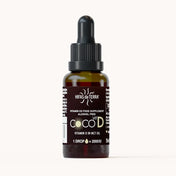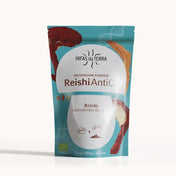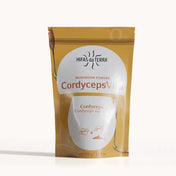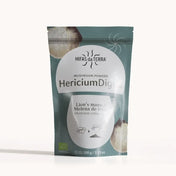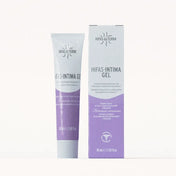POLICATED ON 11/29/2023. Author: Hifas Editorial Team
Sport and disease: a dangerous combination
On average, the colds complicate the daily life of an adult between two and four times a year. (1) Who is cold not only suffers the symptoms, but also has to face some weakened immune defenses. After all, the agency works at full machine to put pathogens in place. In these cases, rest is the best recipe to support one's own Immune system in the fight against bacteria, viruses and the like. The opposite happens if, despite being sick, you make a great effort, for example, practicing a Intense sport. This can mean great health risks. If you do sports despite being cold, not only do you run the risk of aggravating existing disease, but also to cause inflammation of heart muscle (myocarditis).When should I stop doing sports?
The decisive factor is what symptoms you experience and how much effort is the sporting session planned for your body. Do you only have a nasal drip due to a cold and otherwise you feel good? So there is nothing to object to sports at a mild or moderate intensity. However, if you have throat pain and other symptoms as extremities pain and exhaustion, you should avoid exercising. It seems commonly, but it is not bad to keep it in mind. Thus, if you suffer serious symptoms like Fever, chills, intense cough or respiratory difficulties, the exercise is absolutely discouraged. In addition, keep in mind that you spread other people. This aspect must be taken into account, especially when collective sports are practiced or goes to the gym.What happens in my body when I am sick?
In everyday life, our body is exposed to a wide variety of pathogens. Thanks to Immune system, most bacteria and viruses can be removed successfully. Sometimes, however, pests manage to overcome the Immune system and penetrate the organism. If this is the case, multiplication begins. After infection, the first symptoms of a cold usually feel after an incubation period of 1 to 3 days. The mucous membranes of the airways are usually the first affected. The acute phase occurs below, in which the cold reaches its peak between the 4th and 6th day with a series of symptoms. These include, for example:- Sore throat
- Common cold
- Headache
- Extremities pain
- Fever
- Cough
